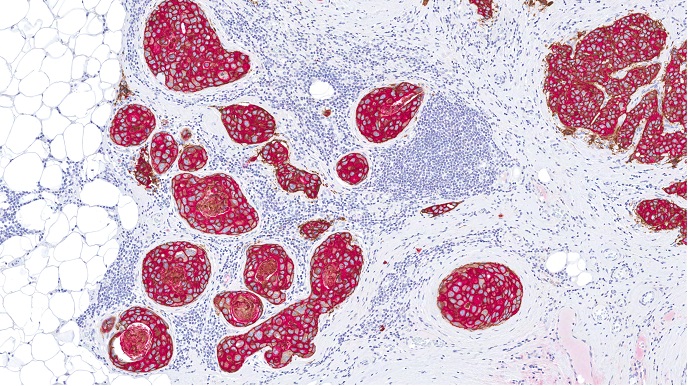Patient-powered projects boost rare disease research
By definition, rare diseases only affect a very small portion of the population. For those suffering from such a condition, this means there aren’t the same support groups, widely available sources of information, or awareness campaigns that can be found for such conditions as breast cancer or stroke. As a result, rare disease patients often feel isolated, even neglected. Filling this void is the EU-funded SHARE4RARE project(opens in new window). Co-created with patients, caregivers and patient organisations, the project has created a safe environment for driving patient-centred research in rare diseases. “SHARE4RARE is a digital platform that fosters collaborative research with people living with a rare disease and their families,” says Begonya Nafria, patient engagement in research coordinator at the Sant Joan de Déu Research Institute(opens in new window), the project’s lead partner. “The platform enables researchers and patient organisations to perform their patient-centred research projects in a private and safe environment.”
A global community
SHARE4RARE members are part of a global community of users who share experiences via the ‘People Like Me’ map. The map uses artificial intelligence to connect users with those who have similar diagnoses, symptoms or locations, along with referring these patients to relevant patient organisations. “By connecting patients and their families with others suffering from a similar rare disease, this innovative tool helps reduce feelings of isolation,” explains Nafria. Registered users are also invited to participate in research projects by answering specific questionnaires, including patient-reported outcome measures. Furthermore, content created by medical experts is made available to patients for review, thus improving disease management.
Facilitating rare disease research
SHARE4RARE has already proved to be a useful tool for patient-centred research. Users from over 60 countries have shared information about 622 unique conditions. Interestingly, 23 % of these users are people without a diagnosis. “This shows the importance of networking opportunities like SHARE4RARE, which help reduce uncertainty and its physical, psychological and social consequences,” adds Nafria. On the research side, the platform has facilitated eight studies(opens in new window) covering 50 rare diseases. According to Nafria, some of these studies have produced new results that could be of importance to the scientific and rare disease communities. For example, because this population is particularly vulnerable to COVID-19, the platform launched a dedicated study on the pandemic’s impact on the rare disease community(opens in new window). “This work demonstrates SHARE4RARE’s ability to promote collective intelligence and puts the spotlight on the essential role that patient-driven research plays in treating rare diseases,” says Nafria. According to Nafria, the results of this research, once published, will provide new information to the scientific community – information that could advance our understanding of rare diseases and improve people’s quality of life. “We succeeded at creating a patient-centred tool that incorporates the voice of the patient community in research while also helping reduce the sense of isolation so commonly experienced by people living with rare diseases,” concludes Nafria.







